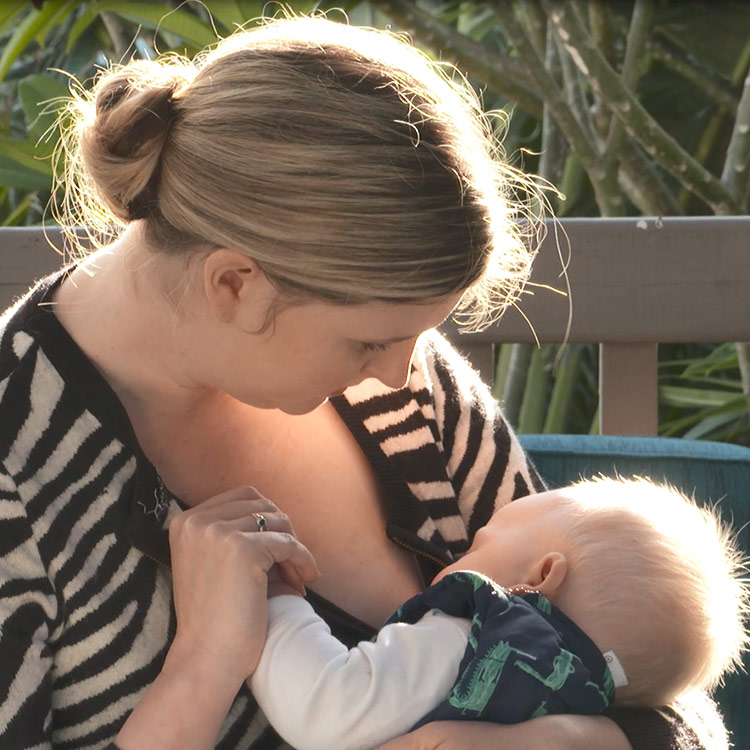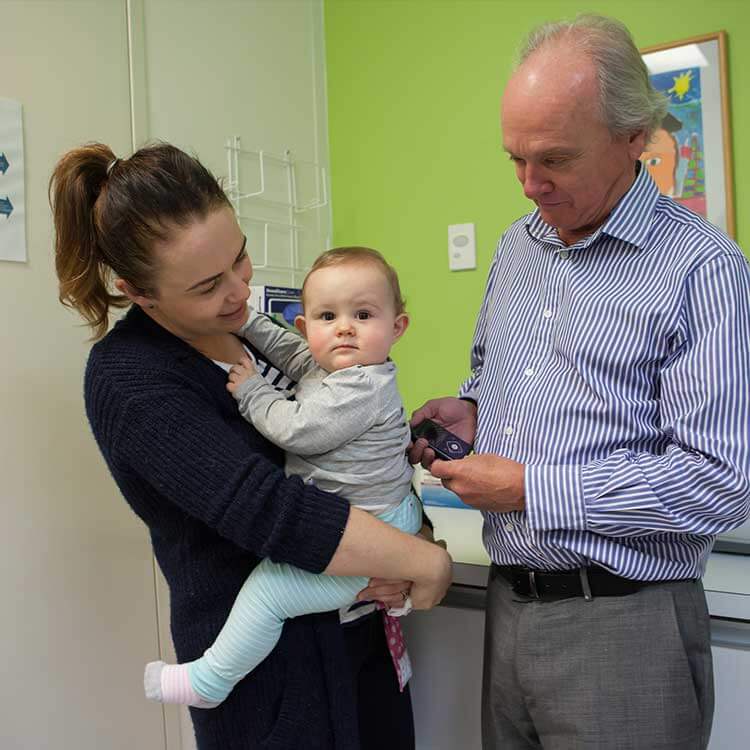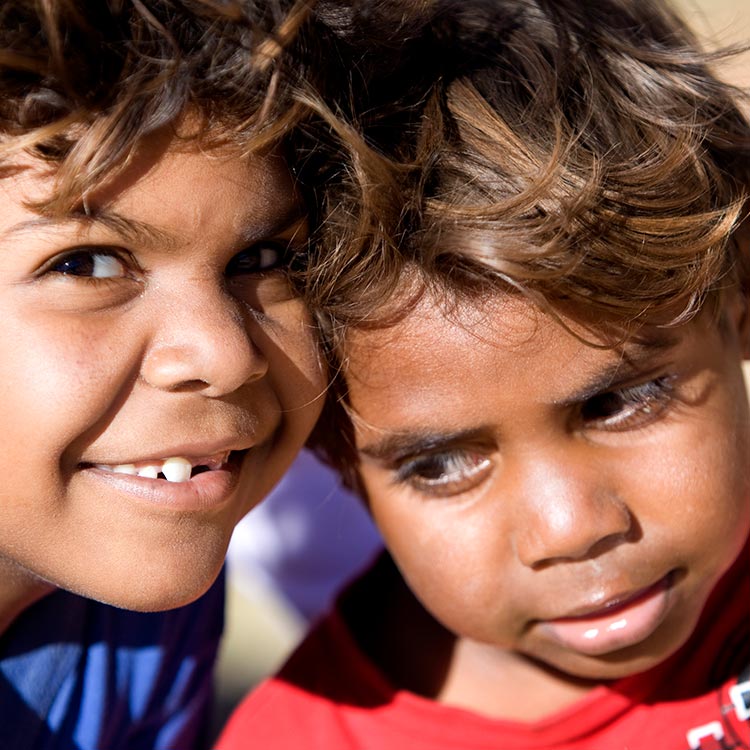Search

News & Events
A healthy start for you and your next bubPregnancy brings with it some level of risk. There is no getting around that. Of course, women want to do the best for their baby, but there is a risk.

News & Events
ADHD association with family stress and maternal smokingThe results from two new The Kids Research Institute Australia studies on Attention Deficit Hyperactivity Disorder (ADHD) show an association between the condition

News & Events
Breastfeeding protects against obesity in adultsThe Kids Research Institute Australia has shown that stopping breastfeeding and introducing formula milk before babies reach six months of age is linked to an obesity risk.

News & Events
$11M funding boost for child healthResearchers at The Kids Research Institute Australia have today been awarded more than $11 million in funding from the National Health and Medical Research Council.

News & Events
Program review highlights strategies for improving Aboriginal mental healthNationwide review looking at effective mental health strategies for Aboriginal and Torres Strait Islander people

News & Events
Vitamin D linked to healthy Fetal developmentThe important role of vitamin D in early development is the focus of research that has uncovered links between vitamin D levels and healthy growth of the baby d
News & Events
Tribute to Dr Clyde HertzmanResearchers at Perth's The Kids for Child Health Research are mourning the sudden passing of Canadian child development expert Dr Clyde Hertzman
News & Events
Poor diet seriously affects teens’ liver healthNew research from Perth's The Kids for Child Health Research shows that a Western diet is associated with an increased risk of liver disease in teenag
News & Events
Time running out to prepare for flu seasonPeople are being urged to ensure they've had their vaccination with the 'flu season expected to hit in Western Australia within weeks.

News & Events
Pregnancy risks for ADHD in kidsOne of the largest population studies of Attention Deficit/Hyperactivity Disorder (ADHD) in children has revealed maternal smoking during pregnancy to be an imp
